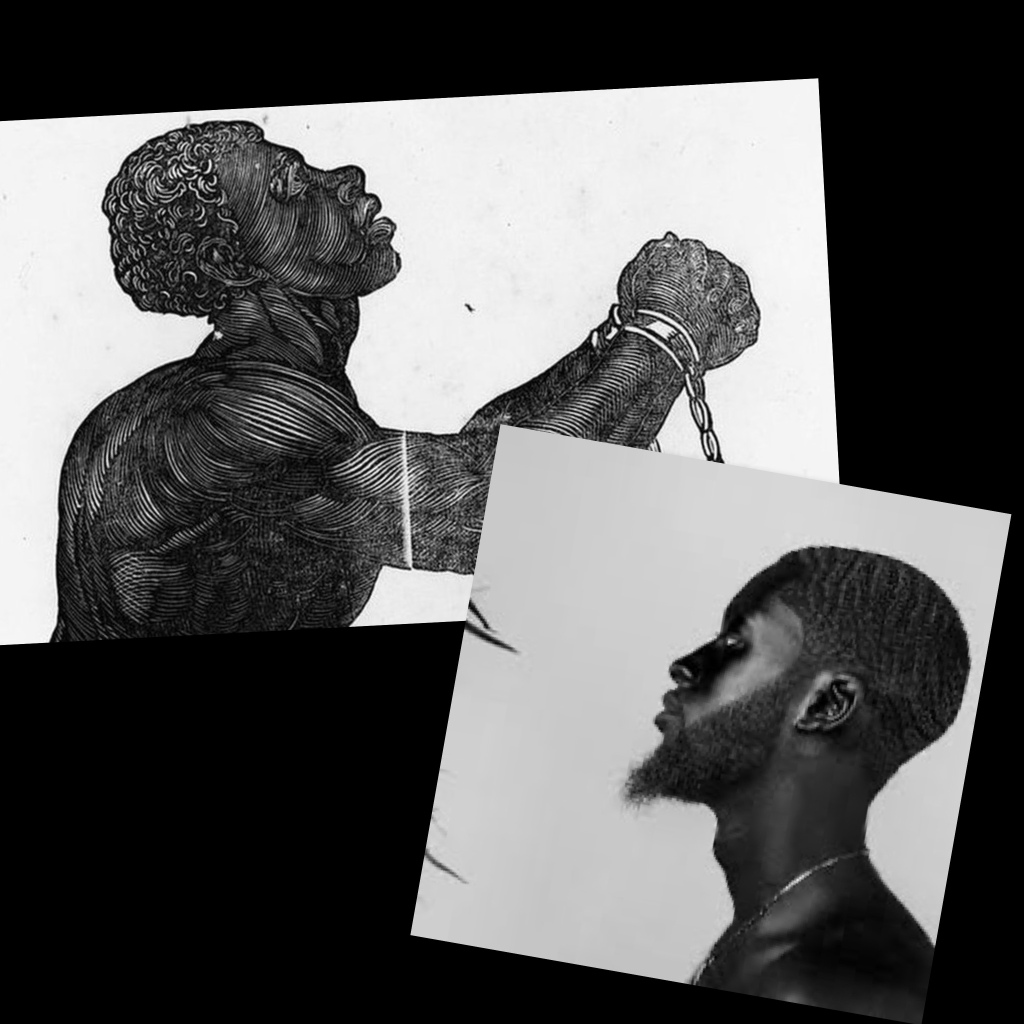
In the intricate tapestry of today’s society, the repercussions of historical trauma manifest in diverse ways, notably affecting black men who grapple with the haunting legacies of both Post-Traumatic Slavery Disorder (PTSD) and Post-Traumatic Stress Disorder (PTSD). Despite distinct origins, these disorders share common ground, echoing the profound impact of systemic oppression and societal injustices.
The roots of PTSD in black men intertwine with the historical trauma of slavery, marked by centuries of dehumanization, violence, and institutionalized racism. Post-Traumatic Slavery Disorder, a term gaining recognition, addresses the enduring psychological scars borne from this dark period. In contrast, PTSD, often associated with war veterans, encompasses a broader range of traumatic experiences. Both, however, share the thread of relentless adversity and racial injustice, weaving a complex narrative that shapes the mental health landscape for black men.
The causes of these disorders are multifaceted, stemming from historical trauma, ongoing racial discrimination, and socio-economic disparities. The persistent systemic challenges faced by black men, from racial profiling to limited access to resources, contribute to a continuous state of heightened stress. The cumulative effect of these factors fosters an environment where mental health struggles can thrive.
Effectively addressing these disorders necessitates a comprehensive approach. Culturally sensitive therapy, community support, and dismantling systemic racism are pivotal steps. Tailored therapeutic interventions recognizing the unique aspects of post-traumatic slavery experiences can provide a pathway to healing. Moreover, fostering resilience within communities and advocating for equitable policies are essential to breaking the cycle of intergenerational trauma.
In conclusion, acknowledging the nuanced intersectionality of Post-Traumatic Slavery Disorder and PTSD in black men is crucial for developing effective strategies for healing and resilience. By dismantling systemic barriers, fostering empathy, and embracing a holistic approach to mental health, society can contribute to creating an environment where black men can confront and overcome the shadows of the past, forging a path toward a more equitable and just future.